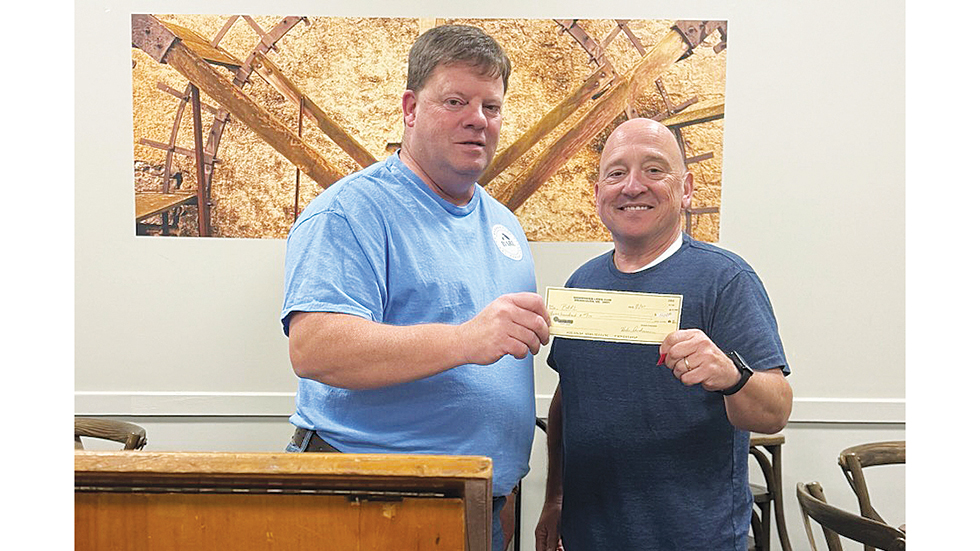Fighting a war against monoculture
Published 2:30 pm Monday, July 29, 2024
I loathe the green grass which will not die no matter how short I cut it in the summertime. Most people probably think I’m crazy for trying to kill grass, maybe I am crazy.
If you drive around Brookhaven and Lincoln County you will see manicured lawns, lush and green like a carpet. Pastures are not much different out on the county roads I drive. They are usually cut for hay. From my eyes, it is often a desert of green with little wildlife value, cover or appeal. All around me I see monoculture, and I can’t stand monocultures.
I hate grass in a world which promotes its growth and maintenance. If your yard is full of native wildflowers, clovers, blackberries and beauty berries then it is socially considered unkept and unruly. The same goes for naturally grown openings or fields which are commonly kept clean with a brush hog or mower instead of disking and prescribed fire. Clean fields and grassy fields are the opposite of my management goals.
Trending
The biggest enemies I’m fighting right now are the pasture grasses such as bahiagrass, which form a dense carpet prohibiting the movement of young turkey poults. The thatch is just as bad for turkeys. We wonder where our turkeys and quail went, I think it has something to do with pasture grasses getting out of hand as land use changed from mixed crop agriculture to dairy and beef production.
In my war against the non-native bahiagrass I turned to the use of the herbicide glyphosate. Two weeks from now, I’ll see how well the herbicide did and apply additional herbicide to areas. I don’t like spraying chemicals into the environment but some non-native and invasive species do not fight fair.
Likewise, I do not like to chop down trees but in order to set back plant succession I have turned to selective thinning in this old field. Sweet gums, maples and elms are at the top of trees to cut down. You would be amazed at the native plant response from the seed bank when disturbance happens.
The same goes for areas where goldenrod started to form a monoculture, my kaiser blade helped set it back in pockets to encourage other plants to grow. Dove weed, ironweed, boneset and brazilian vervain are just a handful of plants I’ve found that responded to the disturbance.
Habitat management is not a simple process. It is a lot of small steps to meet bigger habitat goals which can take time. Little by little, I’m carving out a diverse mosaic of habitat, hopefully one void of monocultures such as pasture grass and sweet gums.






